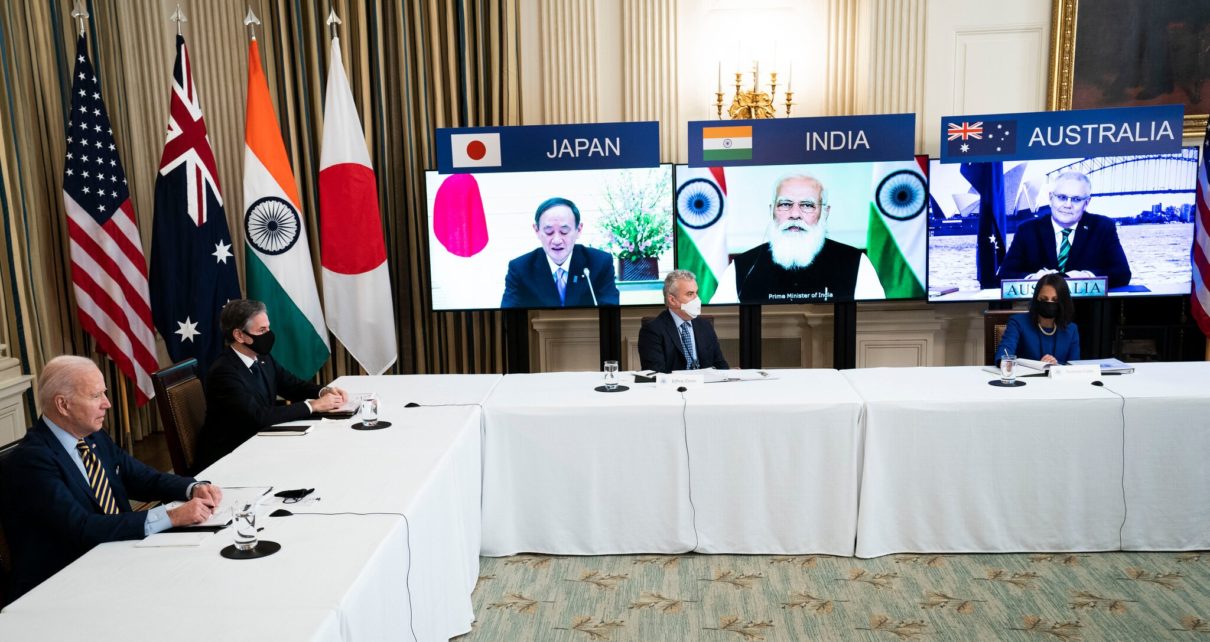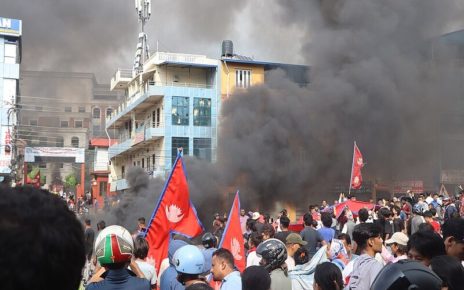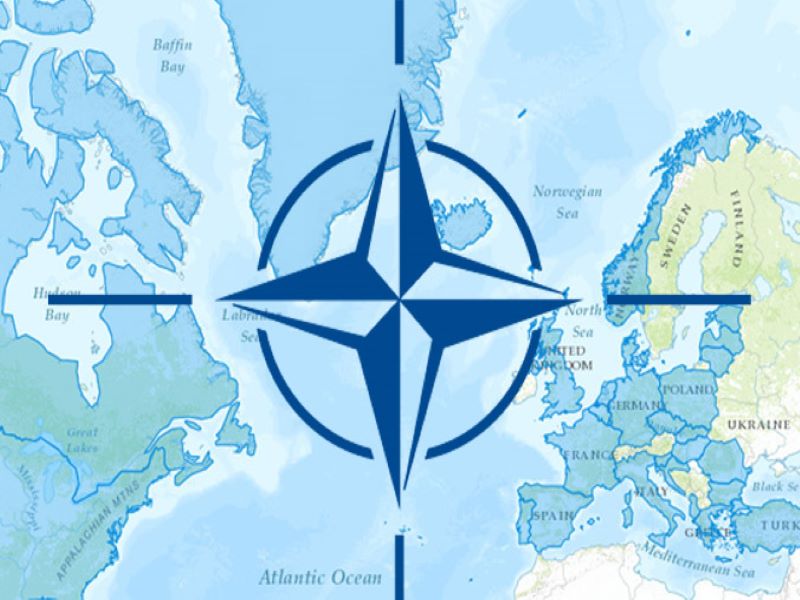When the Quadrilateral Security Dialogue (QUAD)—Australia, India, Japan, and the United States—leaders convened virtually in early March, they discussed the threat of COVID-19, economic cooperation, and the ongoing climate crisis. Despite these real and significant challenges, the QUAD, and its members, are more concerned with the belligerent rise of China in the Indo-Pacific. It is clear that the QUAD, as a regional organization, faces large-scale challenges. Thus, to become a legitimate and contending actor in the region, the QUAD needs to realize that it is not NATO—an alliance of 75 years that has grown and developed into a viable and successful regional actor that promotes peace and security in the Transatlantic region. Instead, the QUAD and its members should learn from NATO’s extensive history to construct articles of cohesion and unity that can better translate into successful operations in planning to deal with emerging security challenges including pandemics, economic frictions, the climate crisis, and China’s influence.
The QUAD is more of a partnership than an alliance, as each member is resisting China in their own way. For instance, under the Trump administration, the US conducted trade wars with China, while Japan converted two existing ships into aircraft carriers to hedge against Chinese naval expansion. Moreover, Australia legislated a series of policies to deter Chinese influence in their domestic affairs, and India has become more assertive in defending the Himalayan border, thereby countering Chinese advances.
Furthermore, there is no extensive military, political, cultural, and diplomatic linkage between the members. Interestingly, the American existing hub-and-spoke bilateral alliance systems have more linkages that offer greater abilities to respond, deter and contain belligerent acts of violence. Second, India and potential future members do not desire a US-led military and defence system in the Indo-Pacific, as it will increase tension with China—the leading trading partner for many states in the region. Coupled with the historical and political tension between Japan and Korea, India’s questionable status as a “liberal” democracy, and the geographical distance of the US and Australia, the QUAD can not be classified as an alliance in the full sense.
Quad members should look towards NATO’s 2030 Strategic Concept to determine the direction of their partnership as a regional organization. Like NATO, the QUAD requires a definitive and methodologically framed operational mandate. Although the QUAD has preached a vision for a “free and open” Indo-Pacific, there are no tentative measurables or operational concepts to achieve the latter. For instance, does a “free and open” Indo-Pacific imply the 2007 Japanese proclamation of the Pacific and Indian Oceans being “seas of freedom and prosperity” or a region free for liberal democracies to flourish and a rules-based economic system? (great point!) As of now, there is no coherent definition to the QUAD’s vision. Thus, a Strategic Concept must observe where the QUAD stands within its collective commitments to the Indo-Pacific region and its methods for boosting its shared capabilities, thereby generating more significant cohesion in terms of its mandate.
To tackle such a large conceptual issue quickly, the QUAD could learn from NATO’s Article II, which emphasizes the strengthening of each member’s free institutions—namely their institutions of democracy and the fellowship in the rule of law. Another lesson the QUAD can take away from NATO is its operation in contemporary global and regional affairs. To continue its existence after the Cold War, NATO became a training and standard-setting organization that provides its members and extra-regional partners with specific training and tactics that may have otherwise been lacking in their military and operational abilities.
A QUAD partnership that offers similar training and standard-setting programs will be more beneficial for the Indo-Pacific. This configuration gives many Indo-Pacific middle and small powers, who would otherwise never agree with the idea of joining a US-led alliance, the opportunity to pursue more comprehensive training and standard tactical guidance. These programs would also have the dual effect of empowering these states with confidence in maintaining their territorial sovereignty and a rules-based regional structure that counters belligerent actions from China. Possible initiatives like this could bring together the QUAD members’ political, military, and diplomatic ties closer to a singular strategic vision, along with fulfilling its mandate of promoting a “free and open” Indo-Pacific.
Once these basic architectures are constructed, perhaps the QUAD could progress towards becoming a more integrated military and intelligence partnership. However, let us not forget that the Indo-Pacific has produced underdeveloped or failed alliances—the most notable failure being the Southeast Asia Treaty Organization (SETO) during the 1950s-1970s. QUAD members—particularly the US—must acknowledge that it is not and will never be NATO if it is serious about becoming a legitimate and functioning regional organization in the Indo-Pacific. Nevertheless, this realization does not mean it cannot learn from the successes and misgivings of the transatlantic alliance.
Photo: State Leaders from the US, Japan, Australia, and India at the QUAD Summit held virtually (2021), by Doug Mills via The New York Times. Public Domain.
Disclaimer: Any views or opinions expressed in articles are solely those of the authors and do not necessarily represent the views of the NATO Association of Canada.




